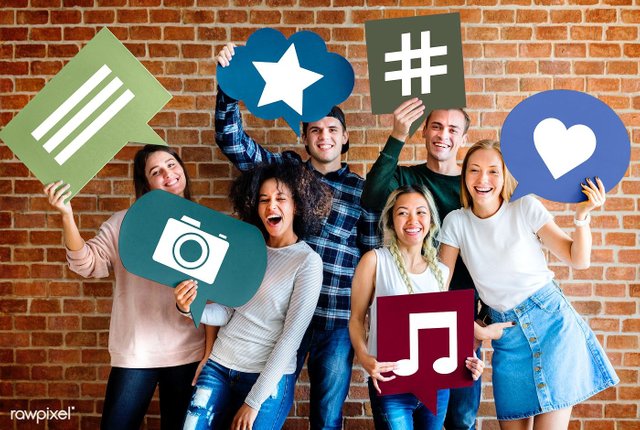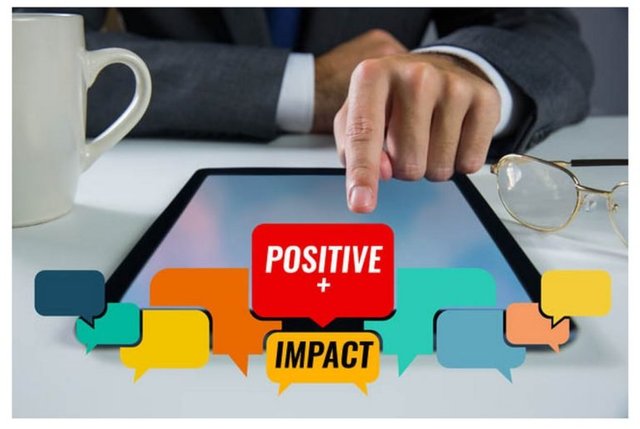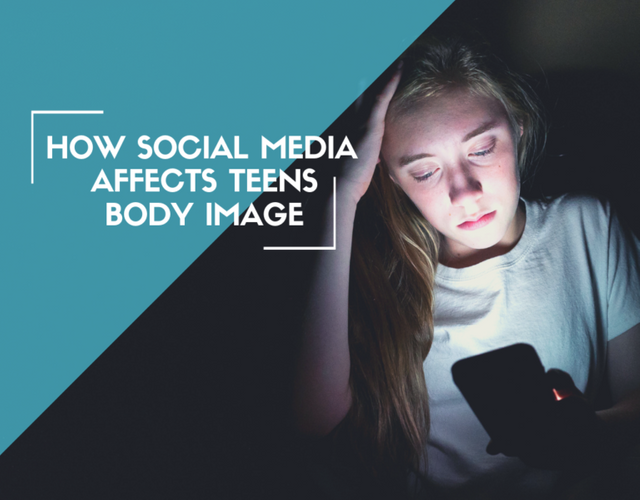
Whether we like it or not, social media is here to stay. The medium is constantly changing and adapting and is increasingly becoming a part of our day to day lives. While there are lots of positives and negatives to social media, there is no getting around the fact that it can be very detrimental to the mental health of some young people.
Social media can affect all aspects of our mental well-being, including the way we communicate with others and how we view our own lives. If you feel as though you or a loved one has been affected by social media, you can reach out to a psychiatrist in the MetroWest area here.
1.How Does Social Media Affect Young Adults?

The rise of social media has been so rapid that it now seems impossible to remember a time when the medium didn’t exist. Most people will now spend a lot of their lives living on social media. They use it to build relationships, share memories and express how they feel.
While social media has many positive effects, especially the way that the medium has helped bring the world together, it has also caused us to be further apart than ever before. For young adults, social media can cause a lot of mental health issues. It creates a world that isn’t real and promotes unrealistic expectations. On top of that, it can also lead to problems like cyberbullying and fake friends. Combined, all of these problems can negatively affect the mental health of young adults and teens.
Social media creates a fabricated world that promotes a life that doesn’t necessarily exist. It can lead to an unhealthy fear of missing out for young people, leading them to compare themselves to others.
A young person may, for example, watch one of their friends move into a new house or get a new job. If nothing much is happening in their own life, they may feel as if they are falling behind somehow. This can lead to people spiraling into depression and feeling as though they are somehow falling behind in life. Many young people may constantly be striving for more and comparing themselves to others in ways that were not previously possible.
2.How Has Social Media Affected Communication?

While there is an argument to be made that social media has created a more interconnected world and allowed us to easily stay in touch with people we otherwise wouldn’t have, there are also a lot of downsides in terms of the way we connect.
A quick trip on any sort of public transportation will reveal how hooked to our smartphones we all are. These days, many people spend their days staring at a screen and ignoring the world around them and as such, lose the ability to properly communicate their feelings.
For young adults and teens, there is also the chance that they will retreat into themselves, leaving them susceptible to questionable influences online. In turn, they may end up further away from getting the help they need. This can all lead to anxiety.
3.How Does Social Media Affect Body Image?
One of the most damaging effects social media can have on mental health comes in the way that we begin to view our bodies. Social media is full of supermodels and influencers showing off their perfect bodies. The issue with this, of course, is that it projects an unrealistic image of what people should look like, and what is deemed attractive to young and impressionable people.
Social media posts, especially photos, often hide a much darker truth and they rarely highlight what the person in the photo has had to go through to look the way that they do. There is, of course, also the possibility that a lot of the images are heavily edited and that the person in them looks completely different in reality. Social media can be toxic in the wrong hands.
For those who suffer from depression and have low self-esteem, seeing these pictures with all of their ‘likes’ can lead to unfair comparisons. It can cause people to feel dissatisfied with their own bodies and make them feel very depressed.

Another issue that social media has created in recent years is the constant striving for ‘likes’. ‘Likes’ provide an instant form of gratification that is incredibly unhealthy to become focused on. This can also inadvertently lead to an addiction to social media.
This quest for ‘likes’ can often lead people to make drastic changes to their appearances and even abuse their own body by starving themselves or attempting difficult or extreme exercise regimes. It can be extremely dangerous and if someone finds themselves going down this route, it may be best to take a step away from social media for a short while.
How mental health is talked about and perceived in the media and online is slowly changing. More and more positive trends addressing the issue are popping up every day.
Categories: Social Phobia